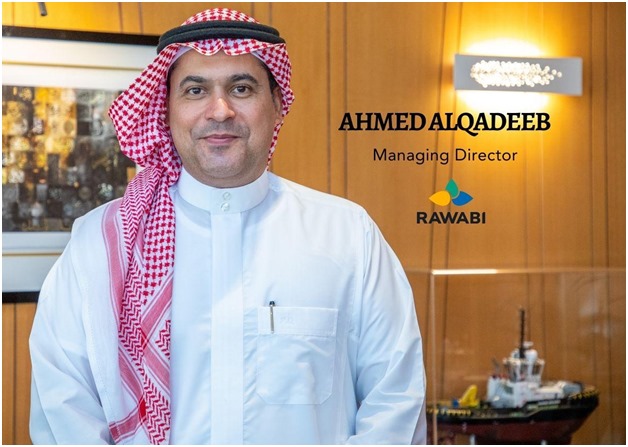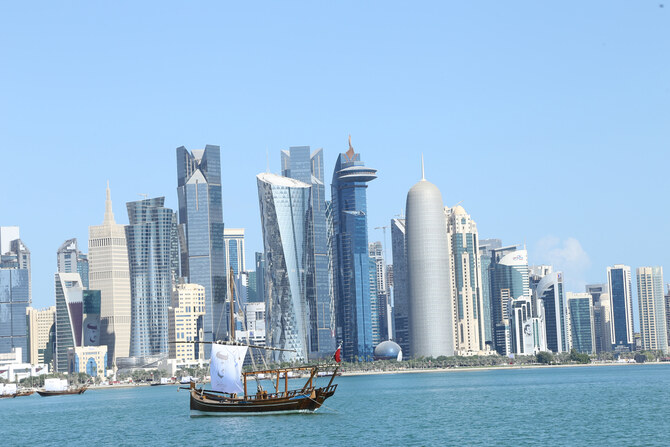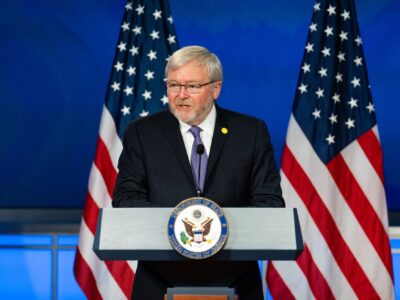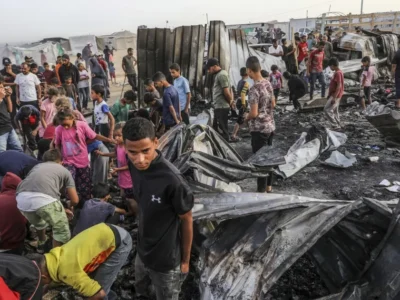As the new crescent moon graced the skies of Hawtat Sudair, Saudi Arabia, it marked the official beginning of Ramadan – a month-long journey of spiritual devotion, fasting, and community for almost 2 billion Muslims worldwide. Led by the esteemed Saudi astronomer Abdullah Al-Khudairi, this significant event sets the stage for a period of reflection, prayer, and self-discipline.
Astronomical Insights and Global Synchronization:
Astronomers from the Majmaah University Astronomy Observatory Department in Riyadh played a pivotal role in the official sighting of the new moon, signaling the commencement of Ramadan. This event, deeply rooted in Islamic tradition, holds profound significance for Muslims globally. The Saudi Supreme Court declared Monday, March 11, as the first day of Ramadan, aligning with similar announcements from Qatar and the UAE. Other nations, including Oman, Pakistan, Indonesia, Australia, Malaysia, Brunei, and Iran, are set to follow a day later.
Saudi Arabia-Moon-Sighting Process and Technological Integration:
Abdullah Al-Khudairi emphasized the complementary nature of both astronomical calculations and physical sightings in determining the start of Ramadan. He stated, “Calculation and technology are complementing the sighting process. I say that the astronomical calculations and the naked eye sighting, like the human’s eyes, they need one another.” Looking ahead, Majmaah University has ambitious plans to enhance facilities and expand its team, fortifying the moon-sighting process for future Ramadan observances.
Strategic Plans for Advancement:
Mohammed Al-Shehri, deputy director for postgraduate and scientific research at Majmaah University, shared insights into their strategic plans, highlighting the expansion of facilities, tools, and manpower in Hawtat Sudair. The university aims to construct a significant building, set to be the center for Majmaah for observing the moon, emphasizing a commitment to advancing the precision of moon sightings.
Religious and Cultural Significance:
The determination of the Ramadan start date holds profound religious and cultural importance for Muslims worldwide. Ramadan, one of the holiest months in the Islamic calendar, is observed with acts of fasting, prayer, and charity. From dawn until sunset, Muslims abstain from earthly desires as an act of worship and obedience to Allah. As one of the five pillars of Islam, Ramadan is obligatory for all adult Muslims, fostering spiritual reflection and self-discipline.
Inclusivity and Global Unity:
Ramadan serves as a time for Muslims and people of all faiths to engage in reflection, fostering understanding and mutual respect across diverse geographies, cultures, and communities. The acts of fasting, prayer, and charity create a shared experience, promoting unity and solidarity among individuals of different backgrounds.
Conclusion:
As Saudi Arabia and the global Muslim community embark on the sacred journey of Ramadan, the convergence of tradition, technology, and cultural richness is evident. The moon-sighting process, with its blend of astronomical calculations and physical observations, reflects the harmonious coexistence of ancient practices and modern methodologies. Ramadan stands not only as a pillar of Islamic faith but also as a beacon of inclusivity, promoting unity and understanding in an ever-diverse world.
Also Read
Albandari Alyamani On Being An Apt At Marketing Skills
Alliance Française Khobar celebrates Saudi women entrepreneurs.



































